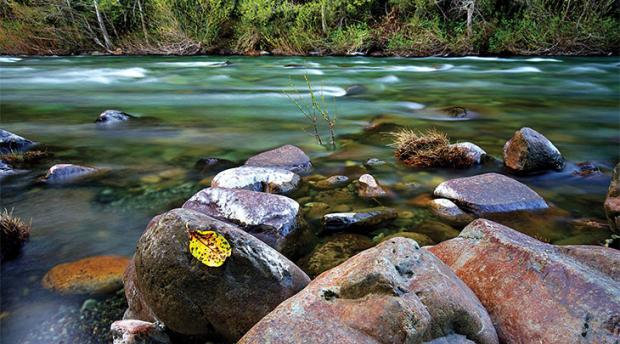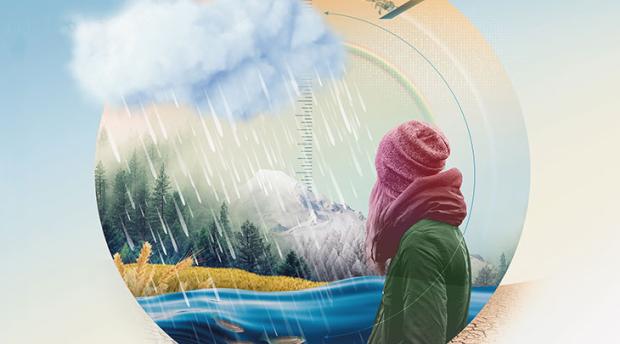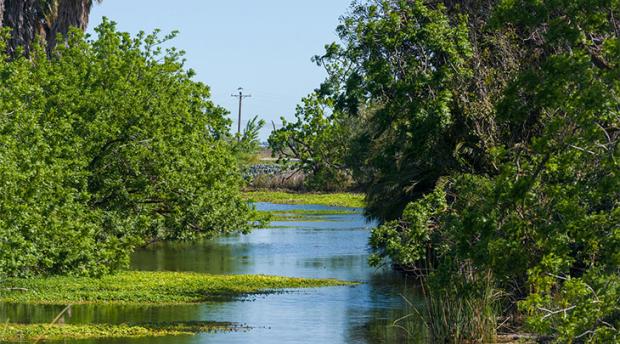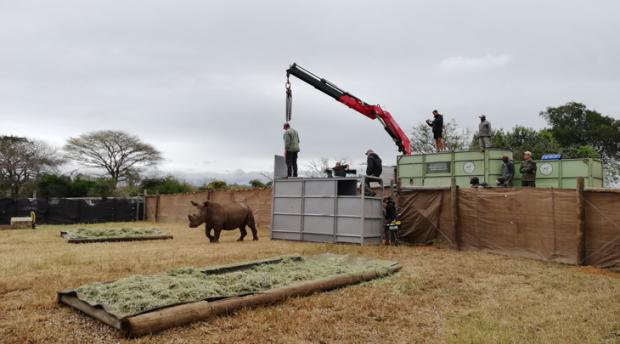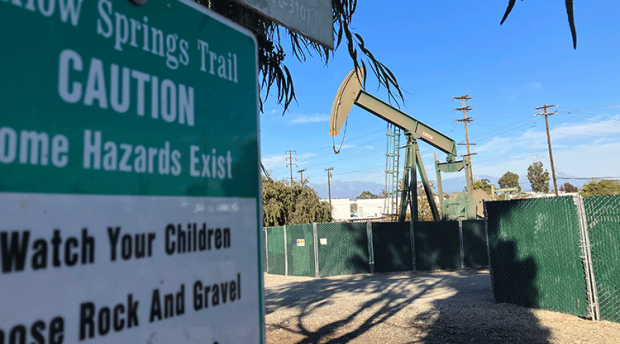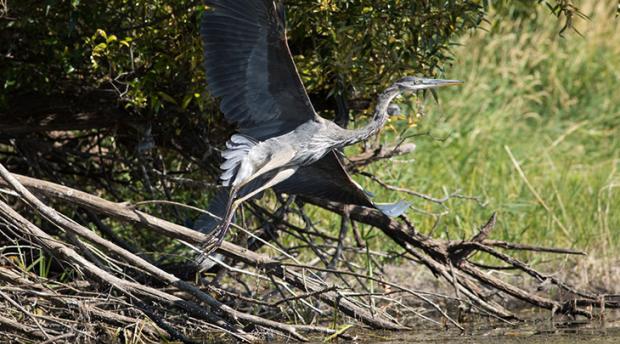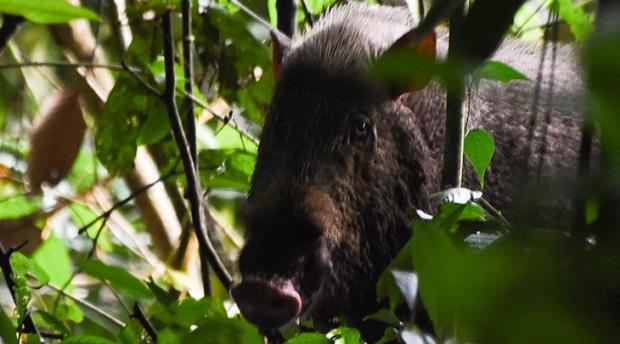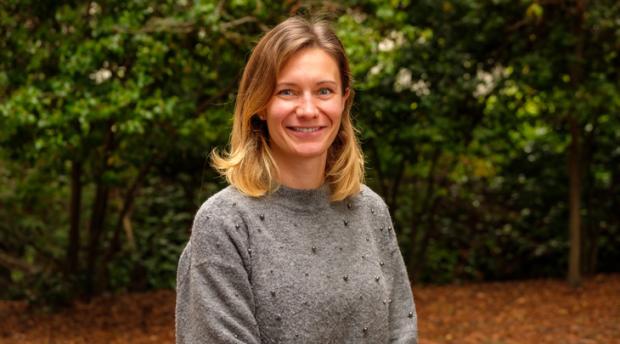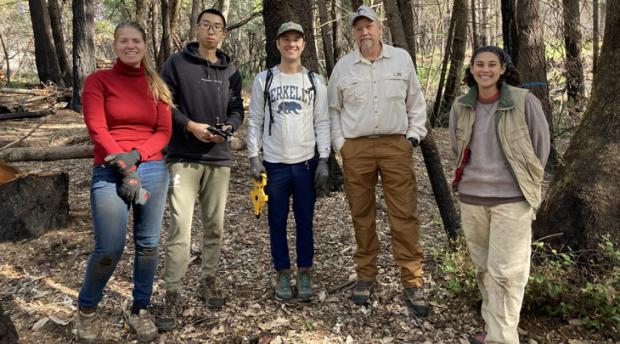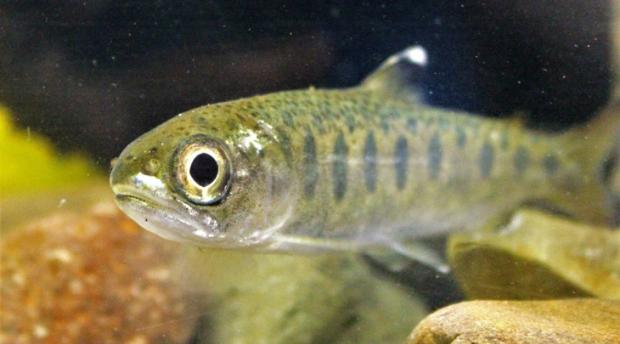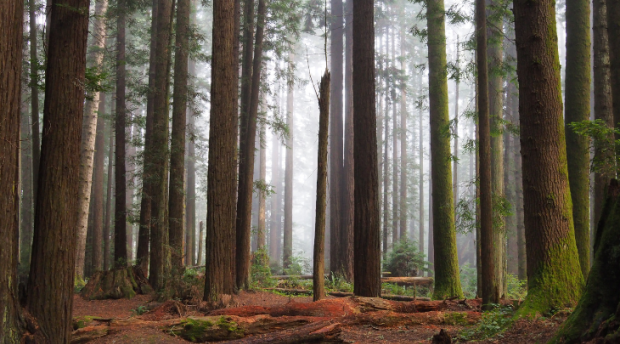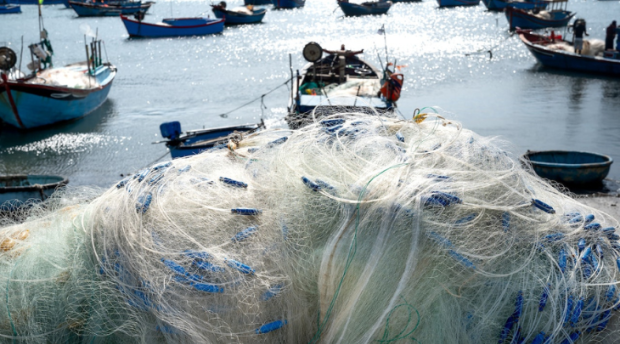Research
Air quality improvements from EVs concentrated in wealthy areas
A new study suggests that existing environmental inequalities may worsen as motorists continue to adopt these cleaner alternatives.
Residents’ water security concerns could spur climate adaptations
In a survery of California households led by assistant professor of Cooperative Extension Kristin Dobbin, 85% of respondents reported that they were concerned about long-term reliability of their water supply.
Patina K. Mendez on "Why I Do Science"
ESPM continuing lecturer Patina K. Mendez discusses what she loves about research and teaching in Breakthroughs magazine.
Monitoring the recovery of freshwater ecosystems in Pinnacles National Park
Recent research from the lab of professor Albert Ruhi shows that the moist subsurface area below the dry creek bed served as a refuge for insects during the dry season.
Following the Flow
ESPM researchers advance knowledge of California’s sensitive freshwater ecosystems.
The Future of Water
Five ESPM faculty members are featured in this Breakthroughs magazine story about how climate change is altering the water cycle.
Wetland restoration helps California combat climate change
Restoring 1,200 acres of the Dutch Slough can offset the carbon emissions of 1,000 cars per year, according to UC Berkeley research.
Improving wildlife restoration outcomes through community engagement
A first-of-its-kind study by UC Berkeley researchers found that wildlife restoration efforts are more likely to succeed if conservationists partner with local communities.
Jill Banfield to co-lead new initiative focused on sustainability and health
The Audacious Project awarded $70 million to the Innovative Genomics Institute's efforts to reduce greenhouse gas emissions and treat incurable diseases.
Black, Latinx Californians face highest exposure to oil and gas wells
Postdoctoral researcher David González and professor Rachel Morello-Frosch are co-authors of a study assessing exposure to new, active, retired, and plugged wells in the state.
Berkeley researchers present plan for freshwater conservation
As the 30x30 conservation initiative gains momentum around the world, Rausser College researchers call for a focus on rivers, lakes, and wetlands.
Climate change, urbanization drive major declines in L.A.’s birds
In a study published today in Science Advances, ESPM researchers reveal how land use change has amplified—and in some cases mitigated—the impacts of climate change on bird populations in California.
In the rainforests of Borneo, people and wild pigs are fundamentally linked
A new study explores the deep ties between people and pigs in Borneo, a connection the authors say underscores the importance of understanding our broader link to nature.
Linking Water from Land to Sea Level Rise
In an interview with NASA, Manuela Girotto explains how she merges satellite measurements and computer models to gauge how water flowing off the land might affect future sea level rise.
Monitoring biodiversity in the post-fire Santa Cruz Mountains
ESPM professor Kip Will is leading a SPUR project to help monitor the effects of tree and underbrush removal on arthropod biodiversity in the post-fire Santa Cruz Mountains.
Droughts pose additional challenges to endangered Russian River coho salmon
Research led by Brian Kastl, a PhD candidate in ESPM, outlines a deadly mismatch in water flows and temperatures for young salmon headed to sea.
California’s 2022 Fire Season: “A Remarkably Different Year”
Scott Stephens, professor of fire ecology in ESPM and co-director of Berkeley Forests, broke down 2022's "remarkably different" fire season for the Public Policy Institute of California.
New Compact Genome Editors Found in Viruses
ESPM and PMB researchers have identified a variety of potential CRISPR-based genome-editing tools in viruses, according to new findings published in Cell.
Collective action and cooperation among users of common-pool resources
A new study co-authored by Paolo D’Odorico assesses how shared goals and information on resource levels can encourage cooperation and reduce resource depletion.
Climate change threatens Sierra Nevada stream ecosystems
A team of University of California scientists found that high-mountain streams may be more vulnerable to droughts and heatwaves than previously thought.


